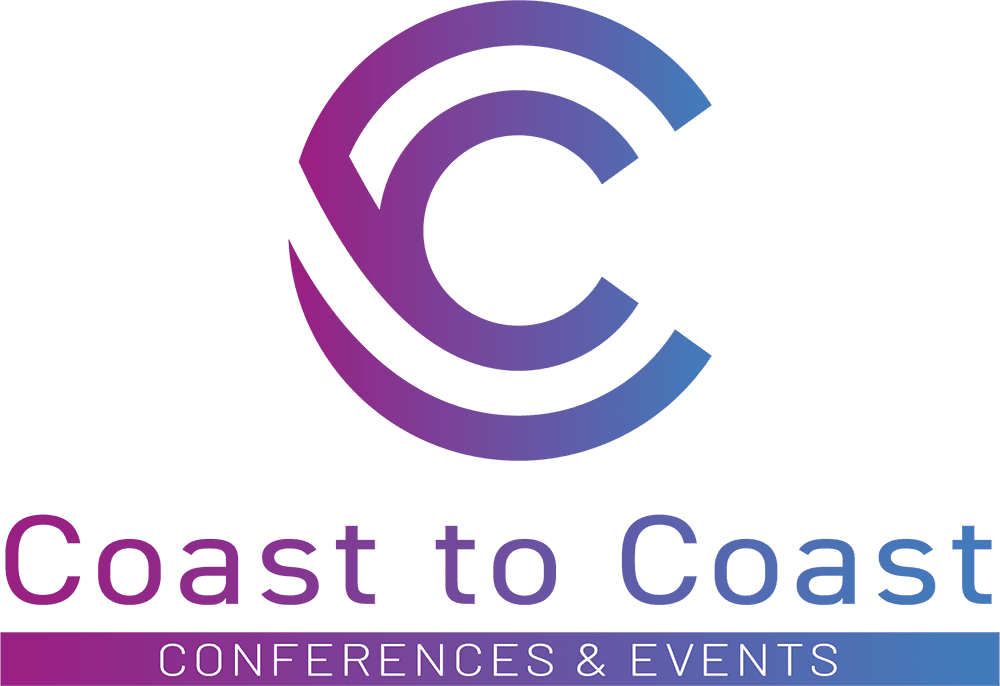Do Event Planning Certifications Really Matter?
In a competitive industry like event planning, standing out is crucial. While experience is invaluable, event planning certifications can add credibility, expand career opportunities, and increase earning potential. But are they a must-have? According to a study by the Events Industry Council, Certified Meeting Professionals (CMPs) earn 11% more than their non-certified peers (EIC). However, many successful event planners thrive without formal credentials. The key is understanding what certifications can (and can’t) do for your career.
The Value of Event Planning Certifications
1. Industry Credibility & Professional Recognition
Certifications like CMP and CSEP show clients and employers that you’ve met industry standards. In fact, 68% of event professionals say certification has positively impacted their job prospects (PCMA). However, real-world experience often carries just as much weight—if not more.
2. Career & Networking Opportunities
Certifications can open doors to exclusive industry groups and job boards. Many associations, like MPI and ILEA, require certification for leadership roles. However, networking and building strong client relationships can be equally valuable.
3. Higher Earning Potential
Certified event planners often command higher salaries. The U.S. Bureau of Labor Statistics states that the average salary for certified event planners is 15% higher than those without certification (BLS). However, high-profile projects and strong referrals can also lead to better earnings.
4. Keeping Up with Industry Trends
The event industry evolves rapidly, and certification programs provide structured learning on new technologies, sustainability, and crisis management. But self-education, mentorship, and hands-on experience can provide similar insights.
Pros and Cons of Event Planning Certifications
Pros
- Enhanced Credibility – Helps establish professional trust.
- Higher Earnings – Certified planners often earn more.
- Career Growth & Networking – Access to exclusive job boards and mentorship programs.
- Structured Learning – Keeps you informed on industry trends.
- Increased Client Confidence – Some clients specifically seek certified planners.
Cons
- Costly Investment – Many programs require significant fees.
- Time-Consuming – Completing coursework and exams can take months.
- Not Always Required – Many successful planners don’t have certifications.
- Ongoing Education Needed – Some certifications require renewals and continuing education.
Top Event Planning Certifications: Which One Is Right for You?
With numerous certification options available, it’s important to choose one that aligns with your career goals, experience level, and professional aspirations. Below is a breakdown of some of the most recognized certifications in the event planning industry to help you determine which fit your needs.
1. Certified Meeting Professional (CMP)
- Best for: Corporate and association event planners.
- Key Benefits: Global recognition, logistics and event strategy expertise.
- More Info: EIC Website
2. Certified Special Events Professional (CSEP)
- Best for: Social event planners and wedding professionals.
- Key Benefits: Focuses on creativity and event design.
- More Info: ILEA Website
3. Certified Government Meeting Professional (CGMP)
- Best for: Planners handling government-related events.
- Key Benefits: Understanding of federal meeting regulations.
- More Info: SGMP Website
4. Digital Event Strategist (DES)
- Best for: Virtual and hybrid event planners.
- Key Benefits: Expertise in digital engagement.
- More Info: PCMA Website
5. Event Planning & Design Certification
- Best for: Beginners or those focusing on event aesthetics.
- Key Benefits: Training in logistics, budgeting, and styling.
Are Event Planning Certifications Worth It?
Higher Client Trust & Marketability
Some clients feel more comfortable hiring a certified professional, and 72% of event professionals reported that clients specifically sought certified planners for high-profile events (EventMB). However, referrals and a strong portfolio can be just as persuasive.
Competitive Edge in the Industry
With thousands of event planners in the market, a certification can set you apart. But experience, creativity, and a strong reputation can often do the same.
Stronger Negotiation Power
Certified planners often charge 25% more per event than their uncertified counterparts (MeetingsNet). However, those with exceptional portfolios and industry connections may command higher fees without a credential.
Should You Get an Event Planning Certification?
To decide if certification is right for you, consider:
- Your career goals – Are you targeting corporate events, social events, or government contracts?
- Your experience level – Would certification fill gaps in your knowledge?
- Your budget – Can you afford certification, or are there alternative ways to gain credibility?
- Your learning style – Do you prefer structured learning or hands-on experience?
Final Thoughts: A Certification Can Help, But It’s Not Everything
Event planning certifications are one path to success, not the only path. While they offer credibility and career benefits, they’re not a guarantee of success. If you’re looking to enhance your resume, expand your network, and validate your skills, a certification can be a great investment. But if you already have a strong reputation and solid industry connections, you may find experience and expertise speak louder than credentials.






